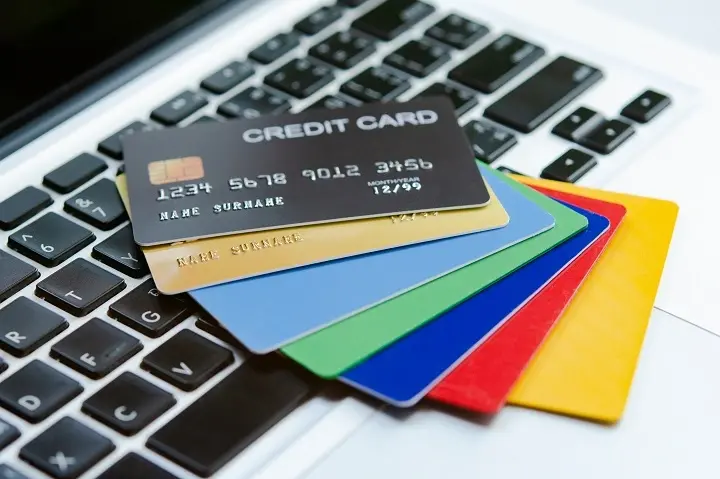
Among the most critical figures in your financial life is your credit score. It shows your creditworthiness and could affect your loan, mortgage, credit card, apartment, and even some job acceptance approval.
Many believe that obtaining a decent credit score requires possessing and utilizing credit cards. Without ever owning a credit card, one may nonetheless build a strong credit history and have a good credit score
Understanding how credit ratings are computed will help us later on when we discuss building credit without cards. Though their formulae vary, the three major credit bureaus—Experian, Equifax, and TransUnion—have quite similar basic ingredients:
payment history (35%) - For any current credit accounts or loans, your record of timely payments. This has the most weight.
Credit Utilization (30%): Over all of your accounts, how much of your available credit are you using? Keeping this proportion quite low is best.
Credit History Length: 15% - The ages of your oldest and newest credit accounts. One finds greater favor in a longer past.
Credit Mix: Ten percent of your credit types—installment loans, credit cards, mortgages, etc. More variety is preferable.
Credit cards are not necessary to establish credit as you can see. Other stories abound that may build a strong credit profile without ever running a card. These are some of the best choices:
- Installment loans shown on your credit record include personal loans, school loans, and vehicle loans. Making consistent on-time payments every month helps you create a good payment record, which is the most important component affecting credit ratings.
- Credit cards or secured loans Refundable security deposit on a credit card or secured loan becomes your spending limit. This lets you open a credit account with on-time payments without satisfying unsecured credit requirements.
- Loans for Credit Builders These unusual lending products are meant only to create or repair credit records. You pay set monthly and the lender locks the loan amount into a savings account. Once completely paid back, you get the principle returned and your credit file now shows a good payment record.
- Authorized User: Get in touch Being enrolled as an authorized user will "piggyback" on the credit history of a family member or boyfriend with a well-aged credit card account. Their good report benefits your score.
- Histories of Non-Credit Payments Certain more recent credit models may take into account past on-time payment records for regular bills such as rent, utilities, cable or internet, and even certain streaming services. Although most big lenders still depend on conventional credit reports nowadays, these alternative credit data sources are becoming more and more important.
- Low-Balance Credit Cards Although not having a credit card at all is feasible, one may want to think about a single low-balance card used rarely. This allows one to create a variety of credit kinds without accumulating too much possible deb
Building credit via these other avenues does, of course, require discipline and sensible financial practices over a long time. One cannot acquire ten years' worth of good credit overnight.
Even in the absence of major credit cards, you may build a strong credit profile matching the primary score criteria by being patient, making all minimum payments across several account types, and maintaining low balances.
This means that should you request loans or credit in the future, your choice of the most appealing interest rates and conditions will be based on If not better, an outstanding credit score over 800 obtained without credit cards might be just as good as scores generated mostly from revolving card use.
There are also some advantages to establishing credit without cards:
- Establishing credit without cards also has some benefits.
- No desire to build rolling debt balances or overspend
- No chance of charges damaging your score or missing payments
- You create habits of paying regular payments rather than minimal fluctuating ones; there are no yearly fees or other card concerns.
Using credit cards as instruments to raise your credit score is not intrinsically bad, of course. Used sensibly, they can raise your score over time.
You have alternatives, many of which are One may very likely have a lengthy, outstanding credit history without ever applying for a big credit card. For the credit card apprehensive, a good credit score is quite within reach with loan products, authorized user status, and customs of paying all payments on time.
Therefore, if credit cards contradict your financial values, avoid being pushed down the plastic road. Dedication and wise financial practices can help you challenge the received knowledge and create a credit profile fit for either with or without those little revolving credit pieces in your pocket.
Call on (888) 803-7889 to know more about your credit score now!